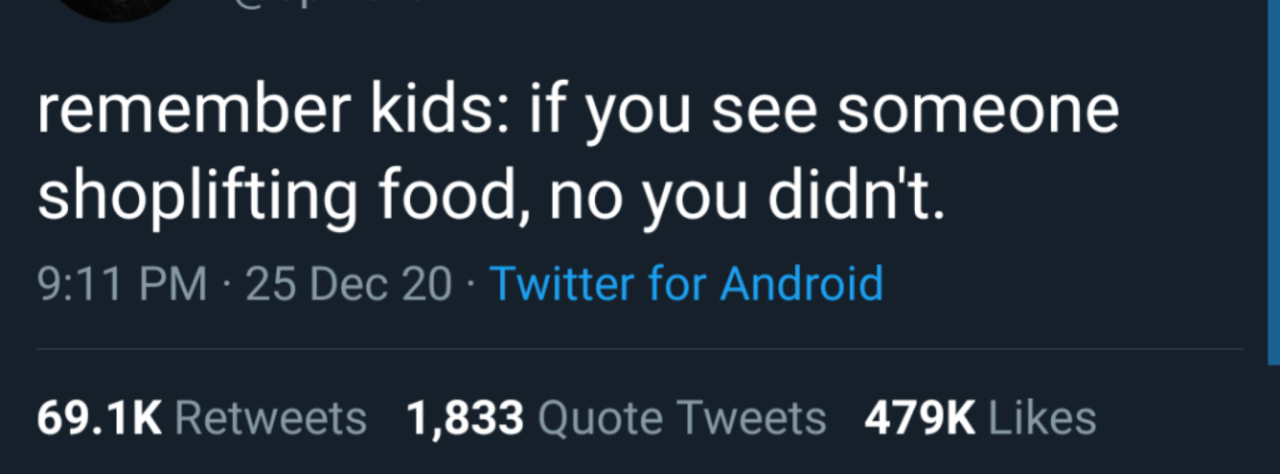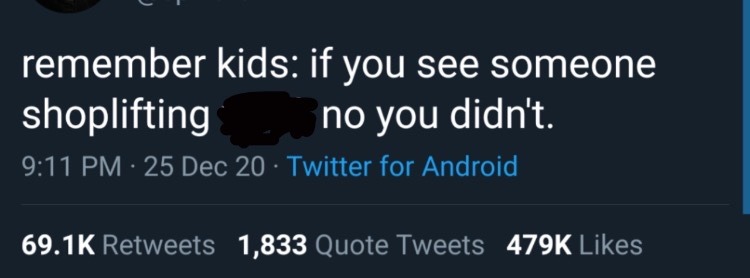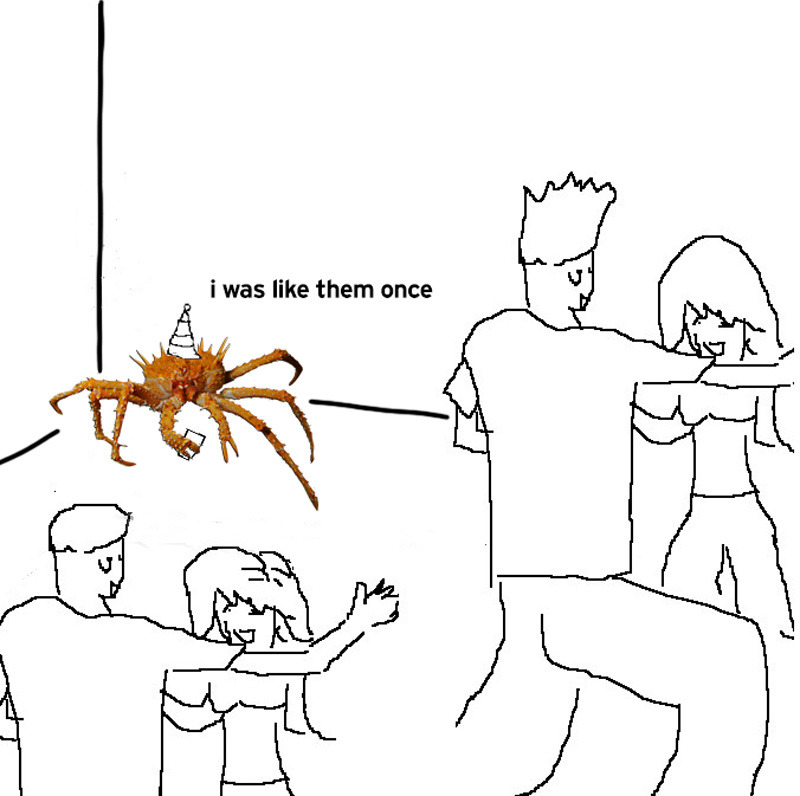Could you reblog this if you are professionally diagnosed with a cluster b pd (aspd, npd, bpd, hpd).
Oh please, if I give enough of a fuck about you to actively want you to suffer, you deserve to suffer.
I hope the the narcissist reading this has a lovely day/night, and I hope they know that their disorder doesn't make them a bad person 💖
Narcissistic Abuse
This will likely be something that I talk about again and again. The stigmatization of mental disorders and especially personality disorders is rampant all over the internet, led by misinformed / biased people.
“Narc abuse” is an ableist and misplaced term used by many people who experience abuse that their abusers deny existed. When told that the term is harmful, they generally assume that we don’t want them talking about the abuse they’ve lived through. This is not the case, no one should be forced to be silenced when it comes to their trauma. However, using a disorder as a descriptor paints everyone with said disorder as inherently evil or abusive. Assuming all women are abusers would be sexist. Assuming that everyone from a specific race are abusers is racist. Believing that a disorder, something no one can control having, makes someone abusive is ableist.
No disorder is just a bunch of abusive people, this is never the case. This is why people with NPD are upset that “narc abuse” is a normalized term, because its harmful. This is also why diagnosing abusers as “narcissistic” unprofessionally or diagnosing yourself with NPD because you have abusive / manipulative / self absorbed behaviors is absolutely inappropriate. It leads people outside of the community to believe that narcissism = abuse, which is absolutely awful and stigmatizing. People with the disorder can be abusive, because everyone has the potential to be abusers.
Instead of using “narcissistic” as a descriptive word for abuse(rs), please describe the actual kind of abuse you’re experiencing (no, it’s not “actually” narcissistic abuse, please reread the post if this was your immediate response).
There are 6 kinds of abuse that are most recognized:
- Physical
This abuse is the most well known and recognized. Shoving, pulling hair, scratching, biting, hitting, smacking, punching, kicking, using objects to hurt you, etc.
- Emotional
This kind of abuse is centered around verbal attacks. Blame, denial, insults, etc. Unrealistic expectations, invalidation, blackmail/unreasonable grudges, arguing for the sake of arguing, nitpicking, treating you as an inferior, blaming you for their mistakes, making fun of you, being condescending, being controlling, reading your messages / stalking your media, etc.
- Psychological
This abuse is often seen as a sub-type of emotional abuse. Manipulation, outright denying events or actions took place, convincing you that you’re crazy or unstable, sometimes going as far as hiding your things or moving items to make you second-guess yourself. Shaping how other people see you, lying to your friends or family. Usually this is to make you completely trust the abuser’s word, making their opinions and views law.
- Sexual
Unwanted kissing, groping, rough sex. Refusing condoms, preventing/ altering/ messing with birth control. Not telling you about STI/Ds they have, pressuring /manipulating you into sex, including pressuring you while drunk, high, or otherwise not in your right mind (can include when you have unstable / dissociated / upset emotions).
- Financial
Controlling budgeting, trying to shape how you spend your personal money, putting you into debt, demanding to be added to your bank account / joining accounts, ruining your credit, not telling you about their debt or bad credit before you’re joined, etc.
- Cultural
“Cultural abuse happens when abusers use aspects of a victim’s particular cultural identity to inflict suffering, or as a means of control.” Not letting you observe the dietary or dress customs of your faith or culture (verbally attacking you for following kosher, removing or telling you not to wear a hijab, bashing you for being modest, insulting your beliefs, getting upset by cultural jewelry or dress, ect), racial slurs/insults, outing you as gay/trans to your friends and family (or threatening to), lashing out or refusing to let you speak your native language, etc.
Please use these instead of “narcissistic” when talking about your abuse.
I like how one of the most prestigious and respected marine institutions on the planet posted this with zero context.
Crab singularity
Yo real quick it is perfectly possible and OKAY for people with NPD (narcissistic personality disorder) to want and have healthy relationships.
Contrary to popular belief, NPD doesn't inherently turn someone into a "master manipulator" or an abuser. NPD is a disorder created by trauma. Traumatized people are not inherently threatening.
If someone is abusive, that doesn't mean they have NPD.
If someone has NPD, that doesn't mean they're abusive.
If any of my followers (or others who see this) have NPD, you are not a bad person for wanting healthy relationships.




 real-uwu-hours
real-uwu-hours